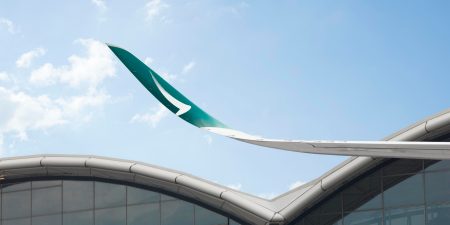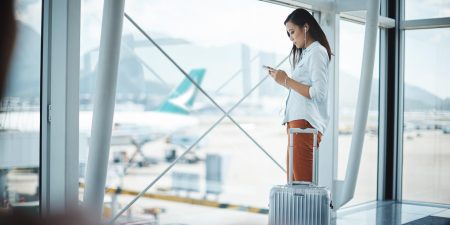Cathay Pacific rolls out electronic air waybills in Hong Kong,marking important step in transition to e-freight
Cathay Pacific Airways today announced that it has implemented the rollout of 100% electronic air waybills (e-AWB) in Hong Kong – an important step in the move towards creating a paperless environment in the airfreight industry.
On 1 January, Cathay Pacific became the first airline operating out of Hong Kong to fully switch to e-AWB, eliminating the need for all paper documents when issuing air waybills – the shipping documents used for the transportation of airfreight. The Cathay Pacific Cargo team worked hard with agents and freight forwarders to ensure readiness for the introduction of the electronic process.
The e-AWB initiative covers all online destinations from Hong Kong to which Cathay Pacific and sister airline Dragonair fly. The airline plans to implement 100% e-AWB from all its overseas stations by the end of 2012. The benefits of e-freight included shortening the shipping cycle, reduced costs, faster customs clearance, the elimination of problems resulting from loss or misplaced documents, and reduced paper usage.
The International Air Transport Association (IATA) selected nine countries/territories and airlines in which to run the e-AWB pilot programme, including Hong Kong and Cathay Pacific. Electronic freight is one of the initiatives under IATA’s Simplifying the Business programme, which aims to change the way the air transport industry operates and result in better service for cargo operators and lower costs for the industry. IATA targets to have 100% e-AWB globally by the end of 2014.
Cathay Pacific Director Cargo Nick Rhodes said: “We are proud to see the implementation of this important milestone for air cargo in the electronic era. The e-AWB programme will simplify the current process and bring improved operational efficiency and accuracy for the airfreight industry in Hong Kong, helping it to play a leading role in the industry worldwide. The programme could not have been implemented without the great support of agents and forwarders in Hong Kong.”










